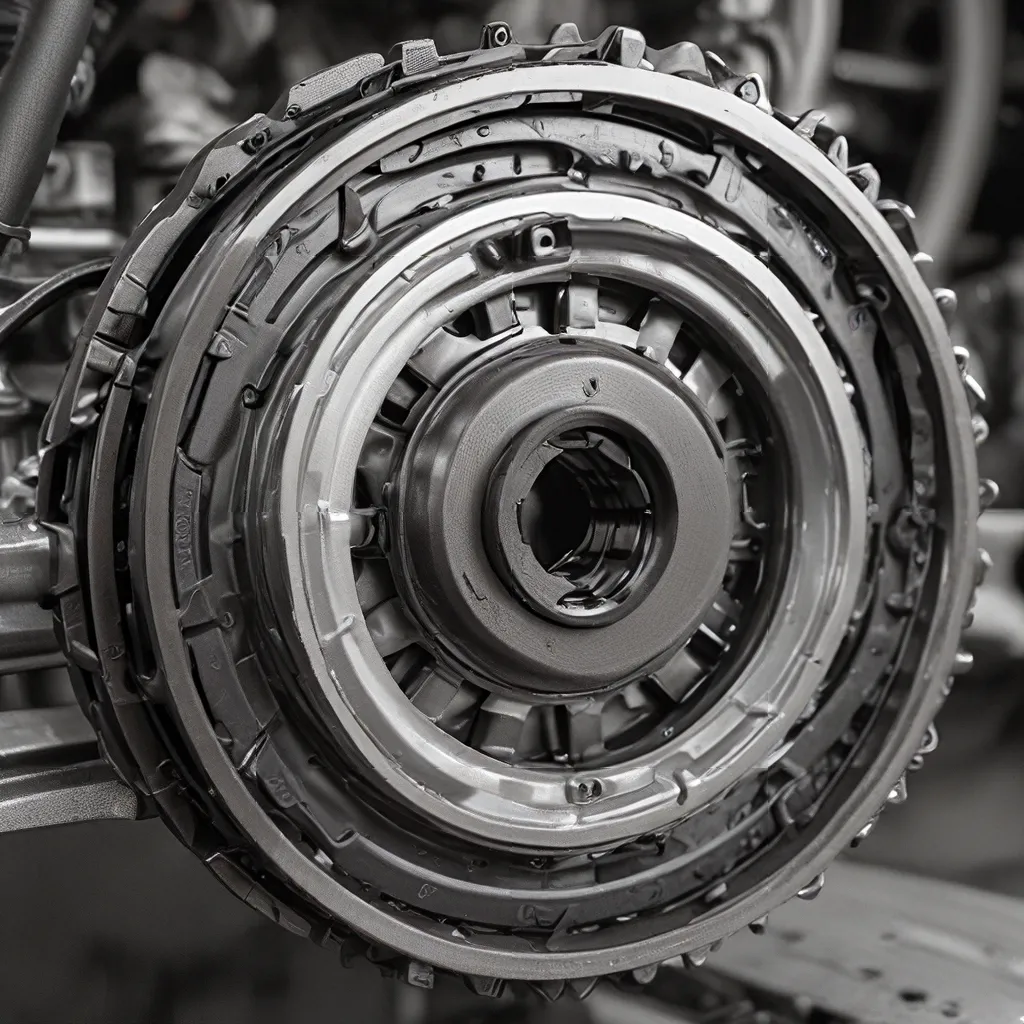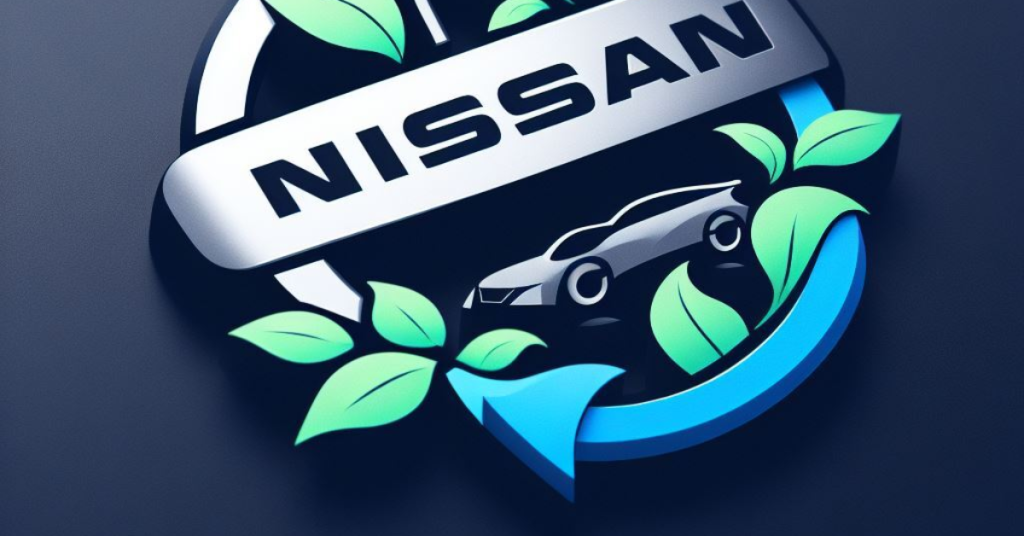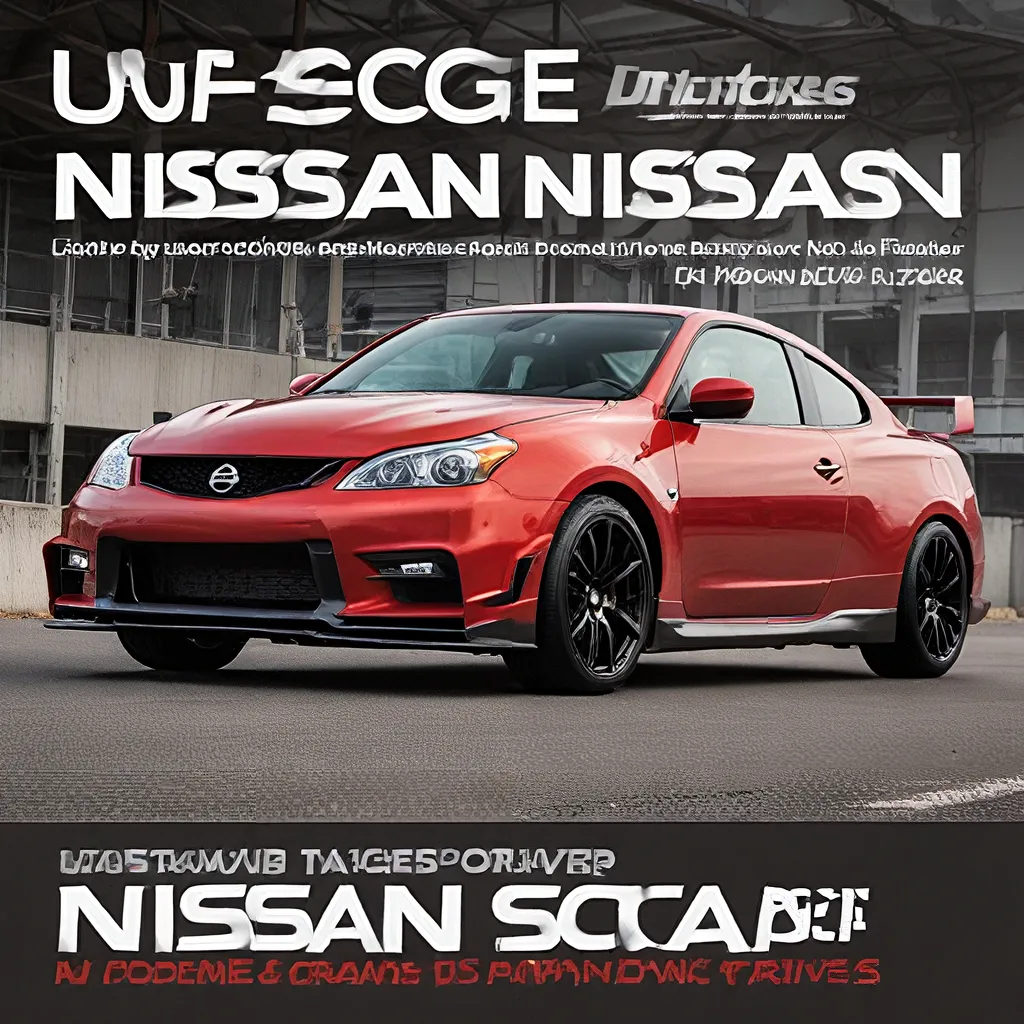
The Ticking Time Bomb Under Your Nissan’s Hood
Picture this: You’re cruising down the highway, windows down, music blaring, when suddenly a loud, ominous rattling sound erupts from under your Nissan’s hood. Your heart sinks as you realize the dreaded timing chain issue has struck once again. Suddenly, your smooth ride turns into a harrowing race against the clock, praying you can limp your car to the nearest repair shop before the engine seizes up completely.
Sadly, this is a scenario all too familiar to many Nissan owners. The timing chain, a vital component in the engine’s valvetrain, is notorious for causing headaches and costly repairs in certain Nissan models. But here’s the kicker – with the right knowledge and preventative maintenance, you can stay one step ahead of this ticking time bomb and avoid the heartache of a major engine overhaul.
Understanding the Importance of Timing Chain Maintenance
The timing chain in your Nissan engine serves a critical role in synchronizing the opening and closing of the valves with the movement of the pistons. This precise timing is essential for your engine to operate at peak efficiency and power. However, these chains are subject to a lot of stress and wear over time, and if they stretch, break, or slip out of alignment, the consequences can be catastrophic.
When the timing chain fails, the valves and pistons can collide, resulting in extensive engine damage that often requires a complete rebuild or even a replacement engine. This can easily set you back thousands of dollars – a fate no Nissan owner wants to face.
Identifying Nissan Models Prone to Timing Chain Issues
Unfortunately, not all Nissan models are created equal when it comes to timing chain reliability. Certain engines, like the infamous VQ and VR series, have a well-documented history of timing chain problems. Some of the Nissan models most susceptible to these issues include:
- Nissan Altima (2002-2006, 2013-2018)
- Nissan Maxima (2004-2015)
- Nissan Pathfinder (2005-2012)
- Nissan Murano (2003-2015)
- Nissan Frontier (2005-2019)
- Nissan Xterra (2005-2015)
If you own one of these models, it’s essential to be proactive about timing chain maintenance and watch for early warning signs of trouble. By staying vigilant, you can catch issues before they snowball into a major, wallet-draining repair.
Timing Chain Maintenance: The Key to Longevity
The good news is that with proper care and attention, you can significantly extend the lifespan of your Nissan’s timing chain and avoid the dreaded “timing chain replacement” scenario. Here are some critical maintenance tips to keep in mind:
1. Mind the Miles
Nissan typically recommends replacing the timing chain and related components every 60,000 to 100,000 miles, depending on the model. However, in reality, many Nissan owners have reported issues well before reaching these milestones. As a general rule, it’s best to err on the side of caution and replace the timing chain sooner rather than later.
2. Keep It Clean
One of the leading causes of timing chain failure is excessive sludge and gunk buildup in the engine. This can cause the chain to bind and stretch, leading to premature wear. Be diligent about regular oil changes and use high-quality, synthetic oils to keep your engine running clean and smooth.
3. Listen for the Signs
Early detection of timing chain problems can save you a lot of heartache (and money) down the road. Be vigilant for any unusual noises coming from the front of your engine, such as a rattling, ticking, or whining sound. These could be early indicators of timing chain trouble.
4. Don’t Neglect Inspections
Regular inspections by a qualified Nissan mechanic can also help catch timing chain issues before they become a major problem. During these checkups, they’ll closely examine the chain, guides, and tensioners for any signs of wear or looseness.
5. Invest in Preventative Measures
In some cases, it may be worth considering a proactive timing chain replacement, even if your Nissan is still running smoothly. This can provide peace of mind and help you avoid a costly, unexpected breakdown down the line. Consult with your local Nissan dealer or trusted mechanic to determine if this is the right course of action for your vehicle.
The Domino Effect: How Timing Chain Failure Impacts the Entire Engine
When a timing chain fails, it’s not just the chain itself that suffers the consequences. The damage can quickly ripple throughout the entire engine, leading to a cascade of costly repairs.
Valve Damage
As the timing chain slips or breaks, the valves can fall out of sync with the pistons, causing them to collide. This can lead to bent, broken, or severely damaged valves, requiring a complete valve job.
Piston Damage
The impact of the valves striking the pistons can also cause extensive damage to the pistons themselves, leading to the need for a full engine rebuild or replacement.
Auxiliary Component Failure
The timing chain’s failure can also impact other critical engine components, such as the water pump, oil pump, and camshaft. These parts may need to be replaced or repaired as well, further driving up the repair bill.
Catastrophic Engine Failure
In the worst-case scenario, a complete engine seizure can occur if the timing chain issues are left unchecked. This would require a full engine replacement, which can cost thousands of dollars – a fate no Nissan owner wants to face.
Lessons from the Toyota Reliability Playbook
When it comes to automotive reliability, Toyota is often held up as the gold standard. And interestingly, the Toyota 2AZ-FE engine, which shares some similarities with the Nissan VQ and VR series, has a much more robust reputation for timing chain longevity.
So, what’s the secret to Toyota’s success? According to the Toyota enthusiasts on the Reddit /r/Toyota forum, it may come down to the choice of materials and the level of engineering rigor.
“I think it’s the choice of materials and the amount of engineering that goes into it,” one user explains. “Toyota engines tend to use more durable components like roller bearings and better quality chains and guides.”
Another respondent notes that the Toyota engines also operate at lower internal pressures compared to their turbocharged counterparts, which can put less stress on the timing chain and other critical components.
While Nissan may not be able to match Toyota’s legendary reputation for reliability, there’s certainly room for improvement when it comes to timing chain longevity. By taking a page from Toyota’s playbook and prioritizing robust engineering and high-quality components, Nissan could potentially address this persistent issue and give its customers the peace of mind they deserve.
Navigating the Timing Chain Replacement Journey
If, despite your best efforts, your Nissan’s timing chain does eventually need to be replaced, it’s important to understand what’s involved in the process and what to expect.
Timing chain replacement is not a quick or inexpensive job. Depending on the model, it can take a skilled mechanic anywhere from 8 to 12 hours of labor to complete the job, and the parts alone can cost upwards of $500 to $1,000.
As the ExplorerForum community notes, the process often requires the removal of the engine or other major components to access the timing chain and related parts. This level of disassembly can quickly drive up the labor costs, making it one of the more expensive repairs you’ll encounter as a Nissan owner.
Weighing the Costs: Timing Chain Replacement vs. Engine Replacement
In some cases, the damage from a failed timing chain can be so severe that a full engine replacement becomes the more practical and cost-effective solution. This is especially true for older Nissan models where the labor costs for a timing chain job may exceed the value of the vehicle.
As the Chevy Malibu Forum community notes, the decision often comes down to a careful cost-benefit analysis. If the repair costs are approaching or exceeding the value of the vehicle, it may be better to simply replace the engine or even consider trading in the car for a newer, more reliable model.
Of course, this is a highly personal decision that will depend on your individual circumstances, budget, and attachment to the vehicle. But by understanding the potential costs upfront, you can make a more informed decision and avoid any unpleasant surprises down the road.
Conclusion: Staying Proactive and Vigilant
The timing chain issue may be a persistent thorn in the side of many Nissan owners, but with the right knowledge and preventative maintenance, you can stay one step ahead of this ticking time bomb.
By being mindful of your Nissan’s mileage, keeping a close ear for any suspicious noises, and staying on top of regular inspections, you can significantly extend the life of your timing chain and avoid the heartache of a major engine repair. And if the worst does happen, you’ll be armed with the knowledge to make an informed decision on the best course of action.
Remember, a little proactive care and attention can go a long way in preserving the health and longevity of your Nissan. So, don’t wait until it’s too late – start mastering your timing chain upkeep today and safeguard your engine for the long haul.






